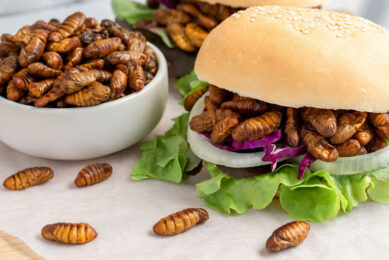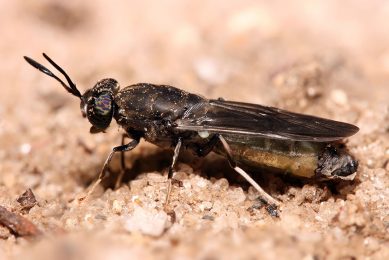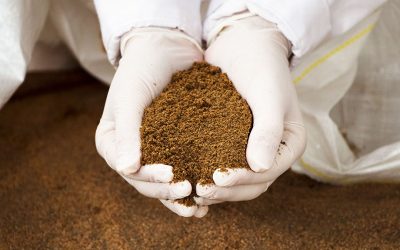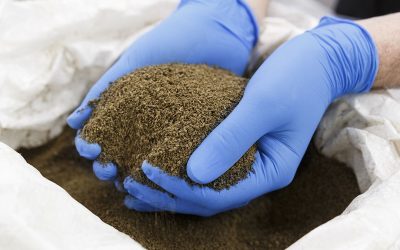Organic certification of insect farms: Feed is an issue
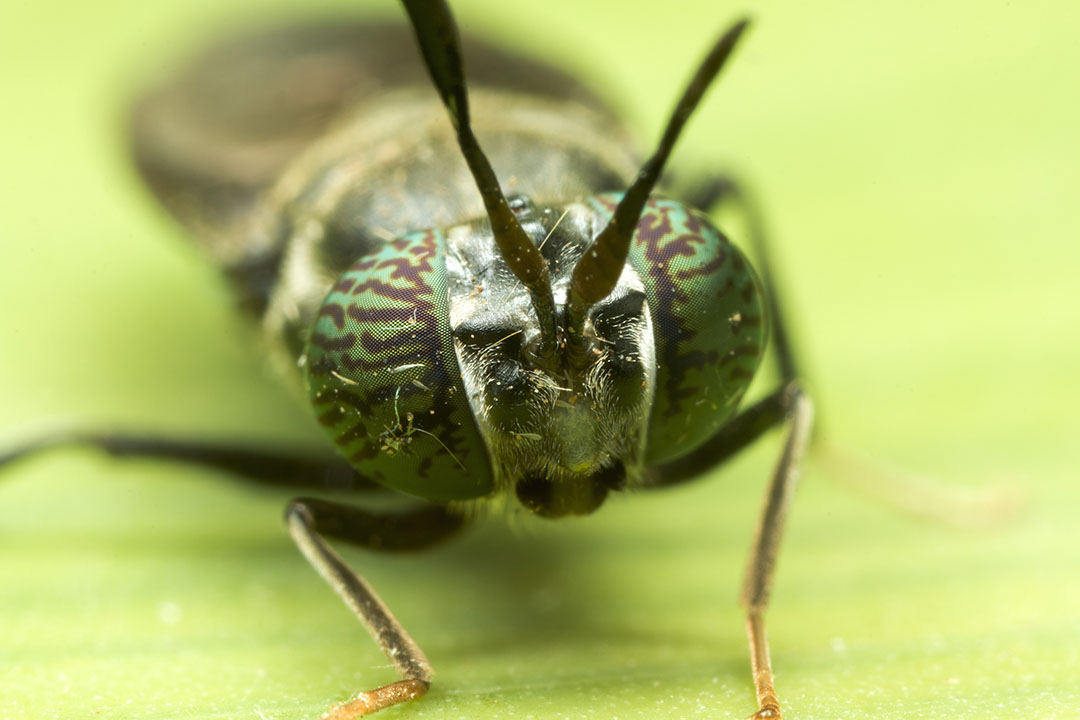
Insect farming is booming, but what about organic certification of insect farms? There are no specific rules in the EU yet, but a start has been made. But are the rules realistic?
While insect production is already eligible for organic certification in certain non-EU countries (e.g. USA, Canada or Switzerland), EU insect producers are not eligible for (public) organic certification, due to the absence of EU organic standards for their products. However, the European Commission (EC) wants to develop specific rules for insect organic production destined for human consumption and/or for animal feed. The EC therefore recently published a draft document – i.e. draft delegated act – in the wake of the new EU legislative framework for organic production (i.e. Regulation 2018/848).
Provisions not all compatible
The International Platform of Insects for Food and Feed (IPIFF) warmly welcomes the latest developments from the EC in the field of organic certification of insect production activities. “The new provisions of the draft European Commission delegated act represent a milestone for our sector. In particular, we salute the initiative to extend the scope of the proposal to insects as food. In addition, the recent revision brings added value, since it takes into account the particularities of insect production activities, but also the peculiar conditions found in such farms,” says Antoine Hubert, the IPIFF president. Yet, the IPIFF association is of the opinion that not all provisions are entirely compatible with the specificities of the sector and the exceptional life-cycle of insects. The IPIFF has therefore published a Contribution Paper on EU organic certification of insect production activities with some recommendations for the EC.
Organic feed materials can be an issue
One of the things that can be difficult for insect farms are the rules regarding organic feed. In organic livestock farming, the animals should be fed with almost 100% organic feed materials – but is this realistic for the feed (substrates) used for insect farming? Insect farming is known to be a sustainable, circular system where agri-food co-products (e.g. co-products from cereal, starch or breweries, unsold products from supermarkets and local food producers or bakeries) can be efficiently converted into insect products. So, unlike traditional animal husbandry, insect rearing relies on a wide range of inputs, that have different characteristics. “As part of our approach, we intend to use local resources and to facilitate the implementation of circular strategies. However, we expect that our sector would have serious difficulties in sourcing insect feed that is 100% certified organic, due to very limited availability of organic feed materials on the EU market,” explains Adriana Casillas, the IPIFF vice president. “In practical terms, this would indeed seriously limit our scalability potential,” according to Casillas.
Some adaptations needed to make it workable
IPIFF believes that organic certification should be based on robust but realistic standards, that take into account the conditions on farm level, but also the biological needs of the animals. In the contribution paper, the IPIFF therefore formulated a series of recommendations to adjust those ‘general’ rules to the specificities of insect production, mainly focused on feed, and stocking densities and breeding.
1. Regarding the proposed rules on ‘own farmed’ or ‘locally sourced feed materials’ – point 1.9.7.1 on ‘Nutrition’
IPIFF agrees that insect producers should be encouraged to give preference to locally produced materials, as a means to limit the environmental impact of their production. However, IPIFF finds it unrealistic to require a minimum % of the feed to be sourced from the agricultural holding from which the insect animals are kept (see as suggested in the draft proposal). The vast majority of insect producing companies are indeed exclusively dedicated to insect production activities, consistently with EU food and feed safety requirements (e.g. Regulation (EC) No 142/2011 and Regulation (EC) No 999/2001).
2. Regarding the proposed rules covering insect husbandry practices – point 1.9.7.1 ‘Nutrition’
Cannibalism is for some species’ a natural instinct. One must therefore acknowledge that those behaviours cannot be completely prevented in insect farming, while these contradict animal welfare paradigms. We therefore suggest to delete the reference to the ‘prevention of cannibalism’. Besides, the setting of maximum population density levels (as foreseen under the general livestock rules – annex II part II point 1.6.3) is irrelevant in the case of farmed insects: many species indeed thrive when bred in a densely populated environment, IPIFF says. IPIFF therefore pleads for applying a derogation from the ‘general’ livestock requirement which concerns stocking density. However, IPIFF agrees that insect producers should not use materials that could cause injuries to insects: IPIFF therefore concurs with the proposed prohibition to use materials made of recycled paper or board or eggs carton, if evidence is provided that those materials may entail adverse effects on insects (i.e. presence of harmful contaminants).
3. On proposed breeding practices – point 1.3.4.4.4.6
Following in-depth investigations conducted among its members, IPIFF concludes that the proposed limitations of 0.5% for stock renewal of non-organic breeding (per calendar year) will be challenging to implement for operators. As an alternative, IPIFF proposes a threshold of 5%.
Source: IPIFF





